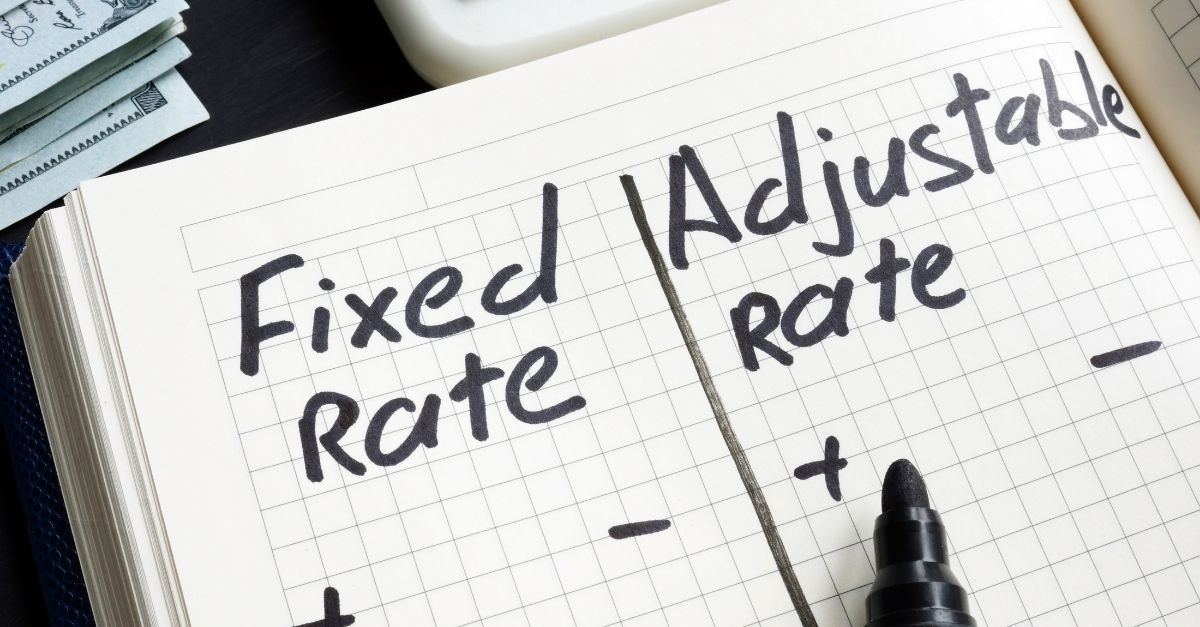Where Is The Housing Market Going Next?
 There are many people wondering where the housing market is going next. While interest rates might be low, attracting a lot of buyers, there are some potential homeowners who are concerned about the current demand in the housing market. This could be driving up home prices, causing some people to pause. Furthermore, some people might be hesitant to sell because they are worried they might have a hard time finding a new home in the current market.
There are many people wondering where the housing market is going next. While interest rates might be low, attracting a lot of buyers, there are some potential homeowners who are concerned about the current demand in the housing market. This could be driving up home prices, causing some people to pause. Furthermore, some people might be hesitant to sell because they are worried they might have a hard time finding a new home in the current market.
What do the experts have to say?
Homes Might Start To Sell Faster
As the weather begins to warm up, the traditional moving season is unfolding. A lot of people like to wait until the late spring and early summer to move because they are worried about pulling their kids out of school. Therefore, there is a great chance that homes may sell faster between now and the middle of the summer.
The Impact Of The Pandemic
During the past year, a lot of sellers have been hesitant to list their homes because they were concerned about their personal safety. They wanted to expose themselves to as few people as possible. Now that many people are getting vaccinated, some experts believe that sellers might be more open to selling their homes now. As a result, more inventory could come on the market, helping to deal with the demand.
Competition Could Start To Ease Up With New Home Construction
Another trend that many experts are looking at involves new home construction. During the pandemic, global supply chains were strained, making it hard for construction workers to get the materials they needed to build new homes. Now that many businesses are starting to open up again, it is possible that new home construction could start to catch up with current demand. This might also help to ease competition among buyers, adding to the supply.
The Future Of The Housing Market Is Bright
Regardless, the future of the housing market is bright for buyers and sellers alike. Right now, there are a lot of people who are looking for homes, which is great for sellers. As more inventory arrives on the market, buyers will have more options available as well.

 In today’s competitive housing industry, it’s important to find the loan that’s right for you. With the low-interest-rate environment, many buyers wonder if an ARM loan is the best choice. Here’s everything you should consider before choosing an ARM loan.
In today’s competitive housing industry, it’s important to find the loan that’s right for you. With the low-interest-rate environment, many buyers wonder if an ARM loan is the best choice. Here’s everything you should consider before choosing an ARM loan. There are a lot of people who are wondering if now is the right time to move or refinance their current home loan. With interest rates still favorable, a lot of homeowners have the potential to save a lot of money if they are able to secure a home loan with a lower interest rate. There are two ways homeowners can secure a home loan with a lower interest rate. The first is to refinance. The second is to move. Which option is better? There are a few key points to keep in mind.
There are a lot of people who are wondering if now is the right time to move or refinance their current home loan. With interest rates still favorable, a lot of homeowners have the potential to save a lot of money if they are able to secure a home loan with a lower interest rate. There are two ways homeowners can secure a home loan with a lower interest rate. The first is to refinance. The second is to move. Which option is better? There are a few key points to keep in mind.